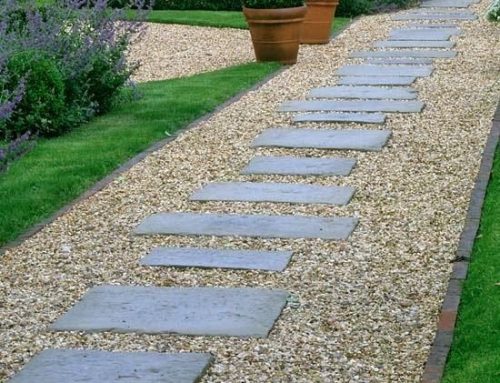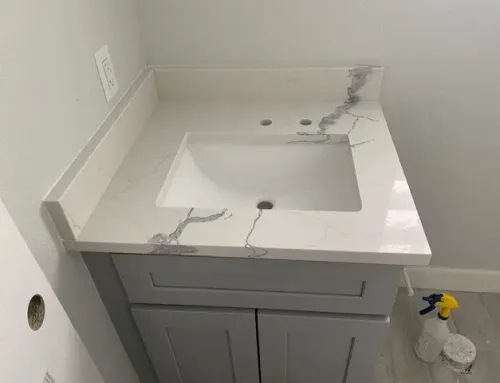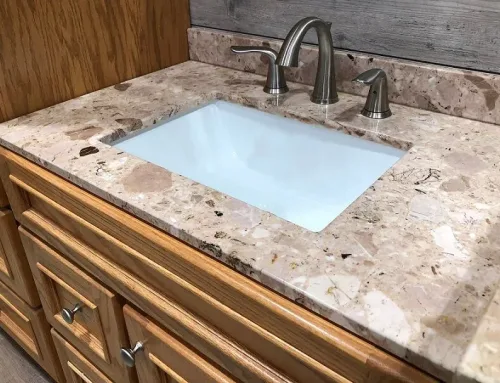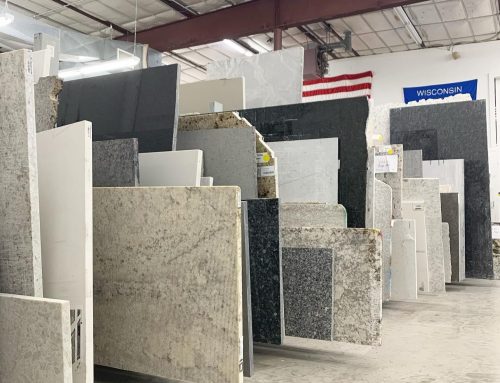Should you seal black granite? Black granite is one of the most popular choices for kitchen countertops, bathroom vanities, and even flooring, thanks to its luxurious look, durability, and deep, rich color. But once it’s installed, a common question arises: Should you seal black granite? The answer isn’t always straightforward—let’s break it down.
What Makes Black Granite Unique?
Granite is a natural stone, and like all natural stones, it’s porous to varying degrees. This means liquids can potentially seep into the surface, leading to stains or discoloration. However, not all granite is created equal, and black varieties tend to be much denser than lighter-colored ones.
In fact, some black granites—like Absolute Black or Black Galaxy—are so dense and non-porous that they don’t absorb sealers well, if at all. Trying to seal these types can actually leave a hazy residue on the surface, which is tough to remove and affects the stone’s appearance.
When You Might Not Need Sealer
Here’s when sealing is probably unnecessary:
-
Your black granite is highly polished and dense.
-
Water beads instantly and doesn’t darken the stone after a few minutes.
-
The manufacturer or installer advises against it.
In these cases, sealing is not only unnecessary—it could be counterproductive.
How to Test If Your Granite Needs Sealing
The best way to know for sure is the water test:
-
Pour a small amount of water (about a tablespoon) on the granite surface.
-
Let it sit for 15-30 minutes.
-
Wipe it up and observe.
If the stone darkens underneath the water, it means it absorbed some moisture and could benefit from sealing. If it remains unchanged, it likely doesn’t need a sealer.
When Sealing Might Be a Good Idea
If your black granite has a matte finish, or it’s a composite stone rather than true granite, it may be more porous. Sealing can help:
-
Repel oils and acidic substances.
-
Prevent staining from everyday spills.
-
Make cleaning easier and more effective.
In these cases, a high-quality, penetrating sealer made specifically for natural stone is recommended.
Final Thoughts
Not all black granite needs sealing—and in fact, many types don’t. The key is to understand your specific stone and perform a simple test before deciding. If in doubt, consult with your installer or a stone care professional. Sealing a stone that doesn’t need it won’t necessarily help—and could even cause cosmetic issues.
Your black granite is already stunning. A little knowledge about sealing ensures it stays that way for years to come.





